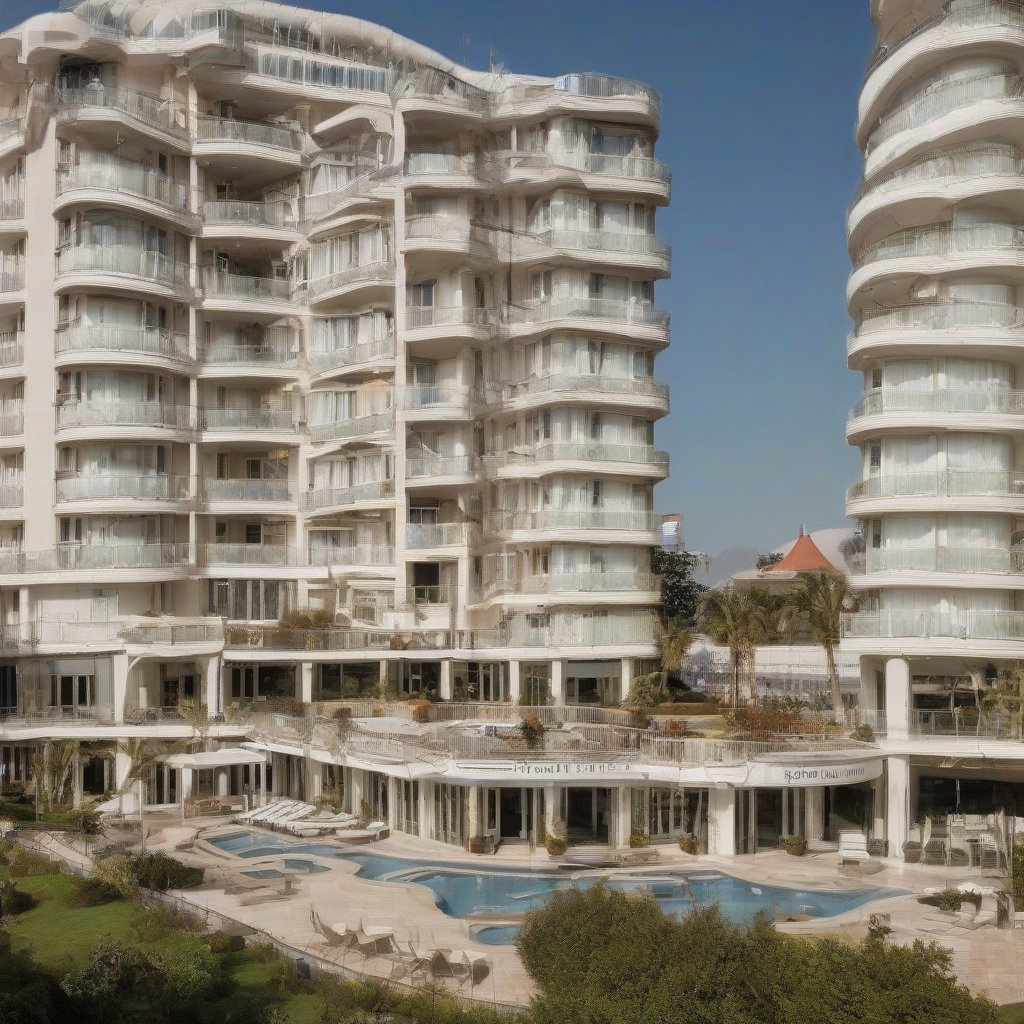Dominate the Digital Landscape: A Comprehensive Guide to SEO for the Hotel Industry
The hospitality industry is fiercely competitive. In today’s digital age, a strong online presence is no longer a luxury—it’s a necessity for survival. Search Engine Optimization (SEO) is the key to unlocking higher visibility, attracting more bookings, and ultimately, boosting your hotel’s revenue. This comprehensive guide delves into the specific strategies and techniques crucial for successful SEO in the hotel industry.
Keyword Research: The Foundation of Your SEO Strategy
Effective keyword research is the bedrock of any successful SEO campaign. It involves identifying the terms and phrases your potential guests are using to search for hotels like yours. This goes beyond simply listing “hotels near me.” You need to understand the nuances of search intent.
- Location-Based Keywords: “hotels in [city name]”, “beachfront hotels [city name]”, “luxury hotels near [landmark]”
- Amenity-Based Keywords: “hotels with pools [city name]”, “pet-friendly hotels [city name]”, “hotels with free breakfast [city name]”
- Price-Based Keywords: “budget hotels [city name]”, “luxury hotels [city name]”, “cheap hotels near [airport]”
- Event-Based Keywords: “hotels near [conference center]”, “hotels near [stadium]”, “hotels for weddings [city name]”
- Long-Tail Keywords: These are more specific phrases, such as “romantic getaways in the Tuscany region with a private balcony and jacuzzi.” They often have lower search volume but higher conversion rates.
Use keyword research tools like SEMrush, Ahrefs, Google Keyword Planner, and even Google Search’s autocomplete function to identify relevant keywords with significant search volume and low competition.
On-Page Optimization: Optimizing Your Website for Search Engines
On-page optimization focuses on optimizing the elements within your website to improve its ranking in search results. This includes:
- Title Tags and Meta Descriptions: Craft compelling and keyword-rich title tags and meta descriptions that accurately reflect your hotel’s offerings and entice users to click.
- Header Tags (H1-H6): Structure your content using header tags to improve readability and signal the importance of specific keywords to search engines.
- Image Optimization: Use descriptive alt text for all images, incorporating relevant keywords. Optimize image file sizes for faster loading times.
- URL Structure: Use short, descriptive, and keyword-rich URLs.
- Internal Linking: Link relevant pages within your website to improve navigation and distribute link equity.
- Content Optimization: Create high-quality, informative, and engaging content that naturally incorporates your target keywords. Focus on providing valuable information about your hotel, its amenities, and the surrounding area.
- Schema Markup: Implement schema markup (structured data) to provide search engines with additional context about your hotel, such as address, phone number, price range, and star rating. This can lead to rich snippets in search results.
Off-Page Optimization: Building Authority and Trust
Off-page optimization focuses on activities outside your website to improve its ranking. Key strategies include:
- Link Building: Earn high-quality backlinks from reputable websites in the travel and hospitality industry. Focus on earning links naturally through guest blogging, collaborations, and directory submissions.
- Local SEO: Optimize your Google My Business profile, ensuring accuracy in your information and encouraging customer reviews. Claim and optimize your listings on other relevant online directories.
- Social Media Marketing: Engage with potential guests on social media platforms, sharing high-quality images and videos of your hotel and its amenities. Drive traffic to your website through social media posts.
- Public Relations: Secure positive media coverage in travel blogs, magazines, and newspapers. Positive press can significantly boost your hotel’s online reputation and attract more bookings.
- Online Travel Agencies (OTAs): While OTAs charge commission, they are crucial for visibility. Ensure your hotel’s listing is accurate, complete, and includes high-quality photos.
Technical SEO: Ensuring Your Website is Search Engine Friendly
Technical SEO involves optimizing the technical aspects of your website to ensure search engines can easily crawl and index your pages. Key aspects include:
- Website Speed: Optimize your website’s loading speed. Slow loading times can negatively impact user experience and search engine rankings.
- Mobile-Friendliness: Ensure your website is responsive and provides a seamless user experience across all devices.
- Website Security (HTTPS): Implement an SSL certificate to secure your website and encrypt data transmitted between your website and users’ browsers.
- XML Sitemap: Submit an XML sitemap to search engines to help them discover and index all your website’s pages.
- Robots.txt: Use a robots.txt file to control which parts of your website search engines can access.
- Structured Data: Implement schema markup for hotels to improve search result visibility.
Content Marketing: Engaging Your Target Audience
Creating compelling and informative content is crucial for attracting and engaging potential guests. This includes:
- Blog Posts: Share informative articles about your hotel’s location, nearby attractions, and travel tips.
- Guest Testimonials: Feature positive reviews and testimonials from past guests to build trust and credibility.
- High-Quality Photography and Videography: Showcase your hotel’s amenities and surroundings with professional-quality images and videos.
- Virtual Tours: Allow potential guests to explore your hotel virtually before booking.
- Destination Guides: Create guides highlighting the best attractions and activities in your area to attract visitors to your location.
Measuring Your Success: Tracking and Analyzing Your SEO Performance
Regularly monitoring your SEO performance is critical to identify what’s working and what needs improvement. Utilize tools like Google Analytics and Google Search Console to track:
- Website Traffic: Track the amount of traffic coming to your website from organic search.
- Keyword Rankings: Monitor your website’s rankings for your target keywords.
- Conversion Rates: Track the percentage of website visitors who complete a desired action, such as making a booking.
- Backlinks: Monitor the number and quality of backlinks pointing to your website.
- Bounce Rate: Analyze the bounce rate to understand how engaging your website is.
By consistently implementing these strategies and monitoring your results, you can effectively optimize your hotel’s online presence and attract more bookings. Remember that SEO is an ongoing process that requires continuous effort and adaptation to stay ahead of the competition.
